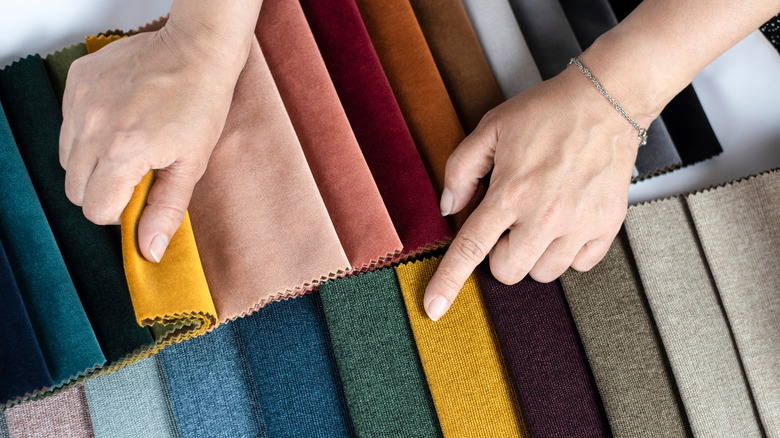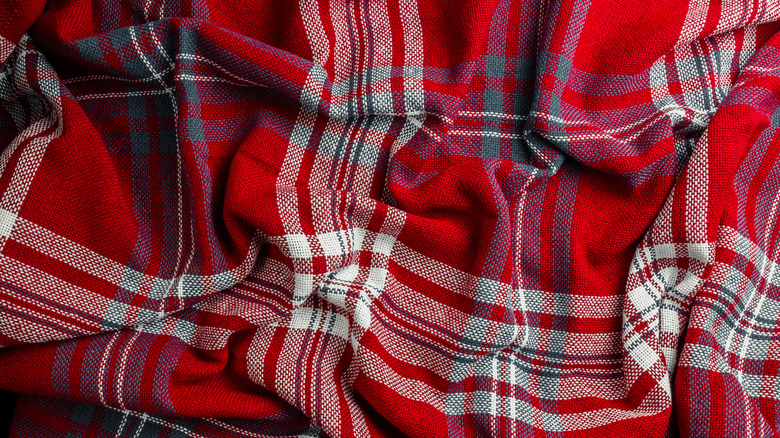The piece predicts the rise of dark hues, knotted light fixtures,edible plants, and even bidets.
But for people wanting to incorporate more comfort into their redesign, plaid is apparently the way to go.
Here’s why it does the trick.

Back when it made its debut, the pattern was called tartan.
Scottish weavers used vegetables and any other regional materials they could get their hands on to dye woven cloths.
When British and American manufacturers began appropriating and selling the design, they marketed it as “plaid.”

The pattern grew in popularity until its peak in the ’70s.
But it also carries its own sense of calm and class.
And, of course, you could’t forget the classic red plaid throw during the Christmas season!"